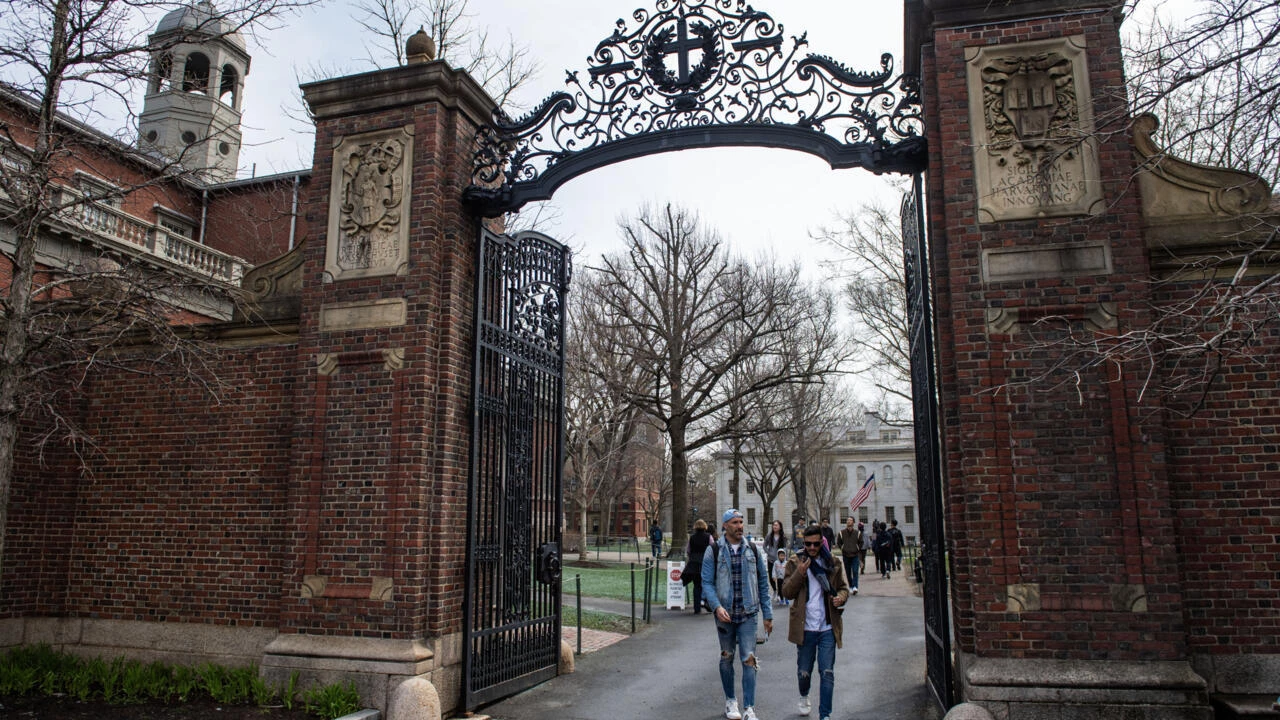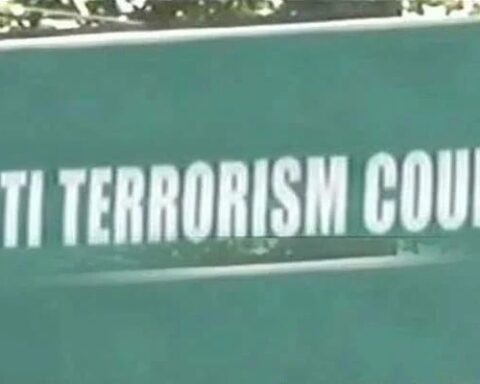Key Points:
- Escalating Conflict Over Federal Funding
- The Trump administration is preparing to withdraw an additional 1billion∗∗infederalresearchgrantsandcontractsfromHarvard,followinganearlierfreezeof∗∗2.2 billion in grants and $60 million in contracts.
- This comes after Harvard refused to comply with policy demands from the Task Force to Combat Anti-Semitism, which sought federal oversight of admissions, hiring, and campus ideological content.
- Harvard’s Defiant Response
- Harvard President Alan M. Garber rejected the demands in an April 11 letter, calling them “regulatory overreach” and a threat to institutional independence.
- The university argues that the conditions would impose government control over academic freedom and violate constitutional rights.
- Controversial Policy Demands
- The administration’s letter reportedly required Harvard to:
- Ban masks at protests
- Revise merit-based admissions and hiring
- Reduce influence of “overly political” faculty
- The letter’s public release surprised officials, who expected private negotiations.
- The administration’s letter reportedly required Harvard to:
- Mixed Reactions & Legal Uncertainty
- The New York Times reported the letter may have been sent “in error,” but the White House confirmed it was official and authorized.
- ADL CEO Jonathan Greenblatt cautioned against conflating antisemitism efforts with broader political disputes over higher education.
- Additional Threats to Harvard
- The IRS is considering revoking Harvard’s tax-exempt status.
- The administration is also threatening Harvard’s ability to enroll foreign students, expanding punitive measures.
- Political Backlash
- Massachusetts Governor Maura Healey (Harvard alumna) condemned the moves as part of Trump’s “playbook to silence critics.”
- The administration appears to be targeting elite universities perceived as resisting federal directives.
The Trump administration’s aggressive stance against Harvard marks a significant escalation in the clash between federal oversight and university autonomy. By leveraging funding cuts, tax-exempt status, and student visa policies, the White House is applying unprecedented pressure on higher education institutions to comply with its ideological demands. Harvard’s refusal signals a broader academic resistance, but the financial and legal threats could set a dangerous precedent for government interference in academia. The outcome of this standoff may reshape the relationship between federal power and university independence for years to come.





